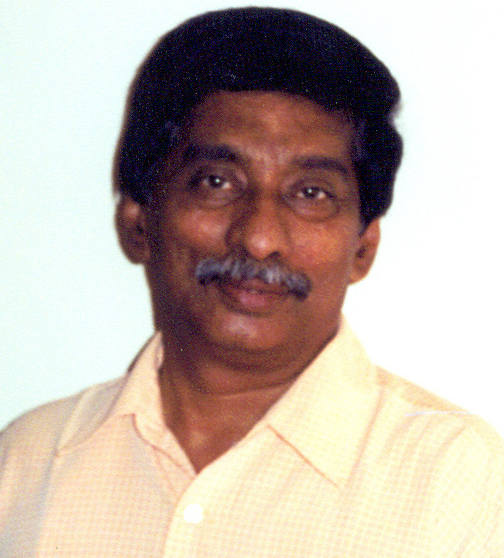https://drive.google.com/file/d/0BxlbeayLWxeRWHg4aE5zTGMzMm8/view?usp=sharing
Tag Archives: Consortium
VALA2008 Session 9 Jenks
 Utilising tools for discovery
Utilising tools for discovery
VALA 2008 CONCURRENT SESSION 9: Management Information
Wednesday 6 February 2008 15:10 – 15:40
Persistent URL: http://www.vala.org.au/vala2008-proceedings/vala2008-session-9-jenks
Heather Jenks
Associate University Librarian, Collection Services, AUT University
http://www.aut.ac.nz
Please tag your comments, tweets, and blob posts about this session: #VALA2008
Abstract
AUT University Library is a member of LCoNZ, the Library Consortia of New Zealand which collaborated to install the Voyager system. Part of this collaborative activity included the installation of a federated searching service. The paper explores what happens when a library introduces a discovery tool, and then has to withdraw the service. The full text downloads statistics show the outcome of searches made using the EnCompass commercial federated searching service, Google Scholar and then return to a commercial federated searching service, 360 Search. The paper will detail further changes planned to ensure a successful transition into the Web 2.0 environment.
VALA2008 Session 7 Hall
 Supporting health professionals in evidence-based practice: a case study of the Clinicians Knowledge Network
Supporting health professionals in evidence-based practice: a case study of the Clinicians Knowledge Network
VALA 2008 CONCURRENT SESSION 7: Health Information
Wednesday 6 February 2008 14:00 – 14:30
Persistent URL: http://www.vala.org.au/vala2008-proceedings/vala2008-session-7-hall
Garry Hall
Director, Library Services Unit, Health Information Centre, Queensland Health
http://www.health.qld.gov.au
Please tag your comments, tweets, and blob posts about this session: #VALA2008
Abstract
The Clinicians Knowledge Network (CKN) was launched as a statewide collection of clinical knowledge resources supporting evidence-based practice within Queensland Health in 2001. This paper details developments during the period from the launch to today, making comparisons with other Australian statewide clinical knowledge resource systems. Issues affecting local implementation, in addition to strategic priorities for statewide and national clinical knowledge services, are discussed.
VALA2006 Plenary 3 Balakrishnan
 Universal Digital Library – connecting users to digital contents
Universal Digital Library – connecting users to digital contents
 VALA 2008 PLENARY 3: Narayanaswamy Balakrishnan
VALA 2008 PLENARY 3: Narayanaswamy Balakrishnan
Thursday 9 February 2006, 09:00 – 10:15
Persistent URL: http://www.vala.org.au/vala2006-proceedings/vala2006-plenary-3-balakrishnan
Narayanaswamy Balakrishnan
Associate Director, Indian Institute of Science
http://www.iisc.ernet.in
Please tag your comments, tweets, and blog posts about this plenary presentation: #VALA2006
Abstract
The Universal Digital Library epitomises international collaboration with partners from USA, China, Egypt and Australia spanning academia, Government and religious institutions as stakeholders. Nearly 600,000 books have been scanned so far and most of them are available for free browsing.
Discuss the Indian Language Technology Research that was stimulated by the vast information base made available by the UDL project. The efforts to connect the users to content using mobile vans, Internet based dissemination and the personalised Digital collections are compared. The talk concludes with the discussion on the issue of copyright and presents a novel idea of a “Consortium for Compensating for Creating Contents” – the FourCs.
VALA2006 Session 12 Chamberlain
 Consortium – the way of the future
Consortium – the way of the future
VALA 2006 CONCURRENT SESSION 12: Information Management and Knowledge Sharing
Friday 10 February 2006, 11:20 – 11:50
Persistent URL: http://www.vala.org.au/vala2006-proceedings/vala2006-session-12-chamberlain
 Geoff Chamberlain
Geoff Chamberlain
Library Services Manager, North Shore Libraries
http://www.shorelibraries.govt.nz
Jeff Shaw
Information Systems Manager, North Shore Libraries
http://www.shorelibraries.govt.nz
Please tag your comments, tweets, and blob posts about this session: #VALA2006
Abstract
By taking a consortial approach to the purchase of a new library management system, five Auckland libraries were able to pool the experience and knowledge of their staff, stretch their budgets and end up with a solution that none of them could have arrived at alone. The learnings from this joint venture have been far reaching in the libraries and their councils, and the project is fast becoming a benchmark for local body collaboration in New Zealand.
